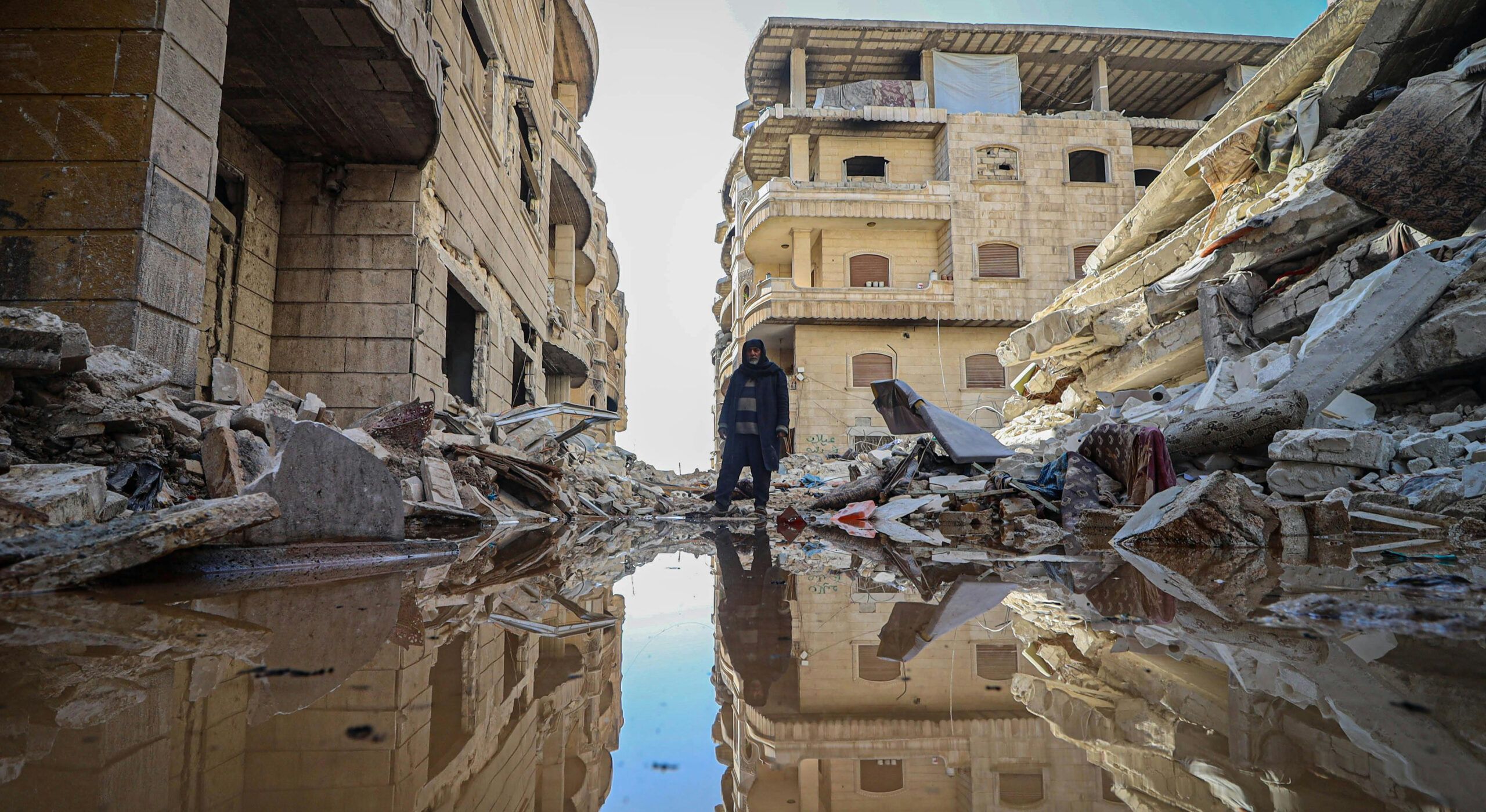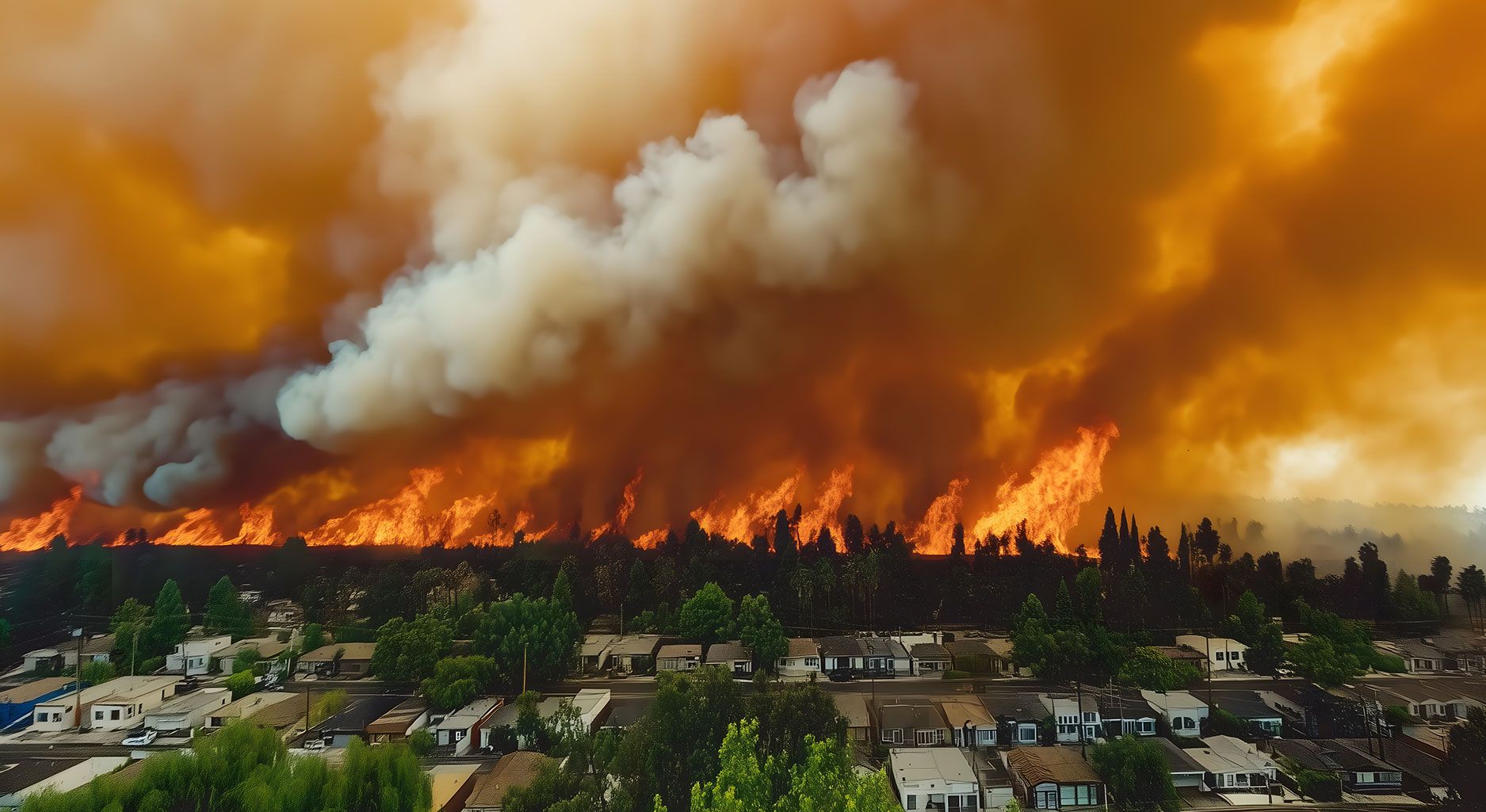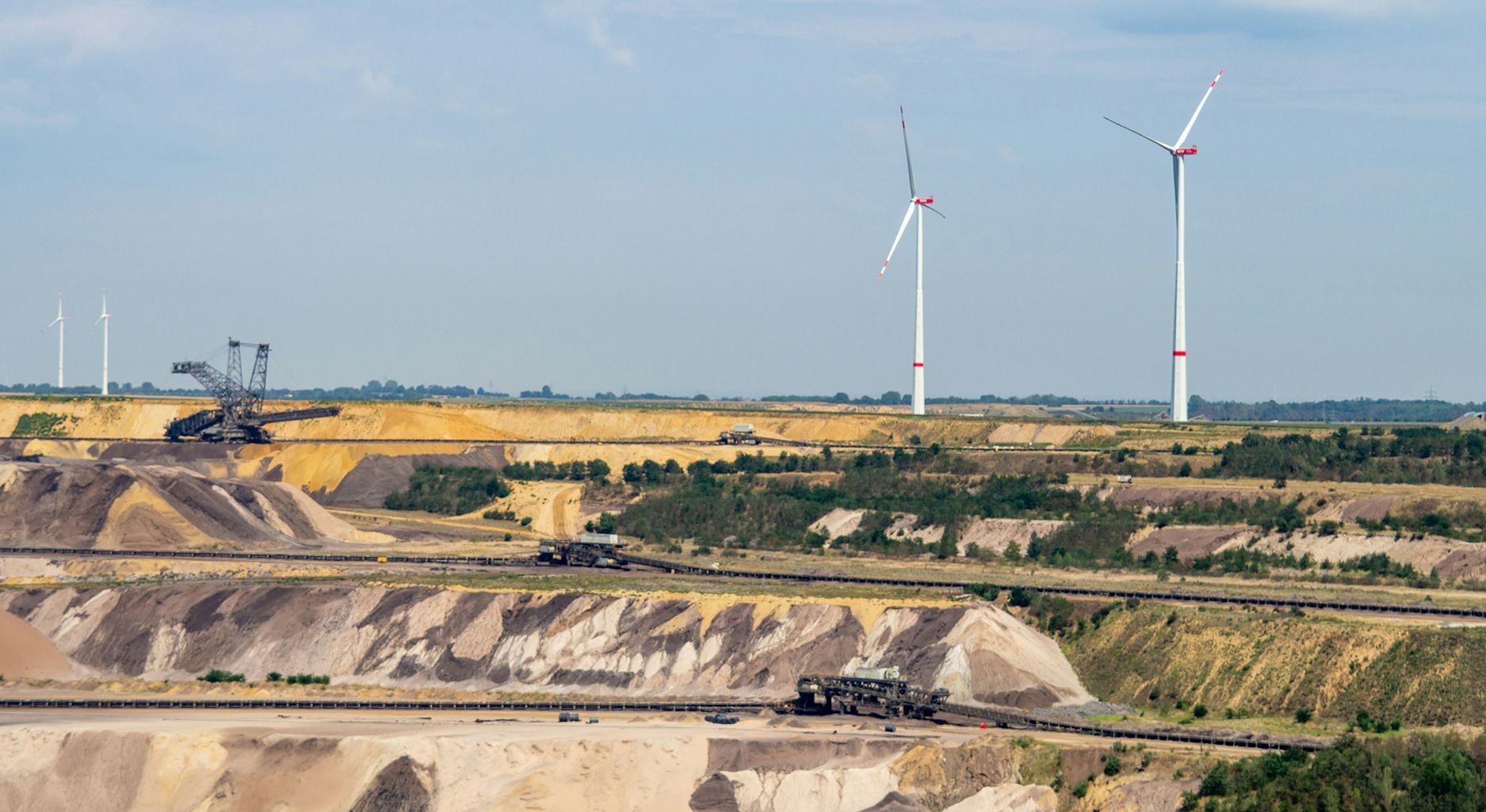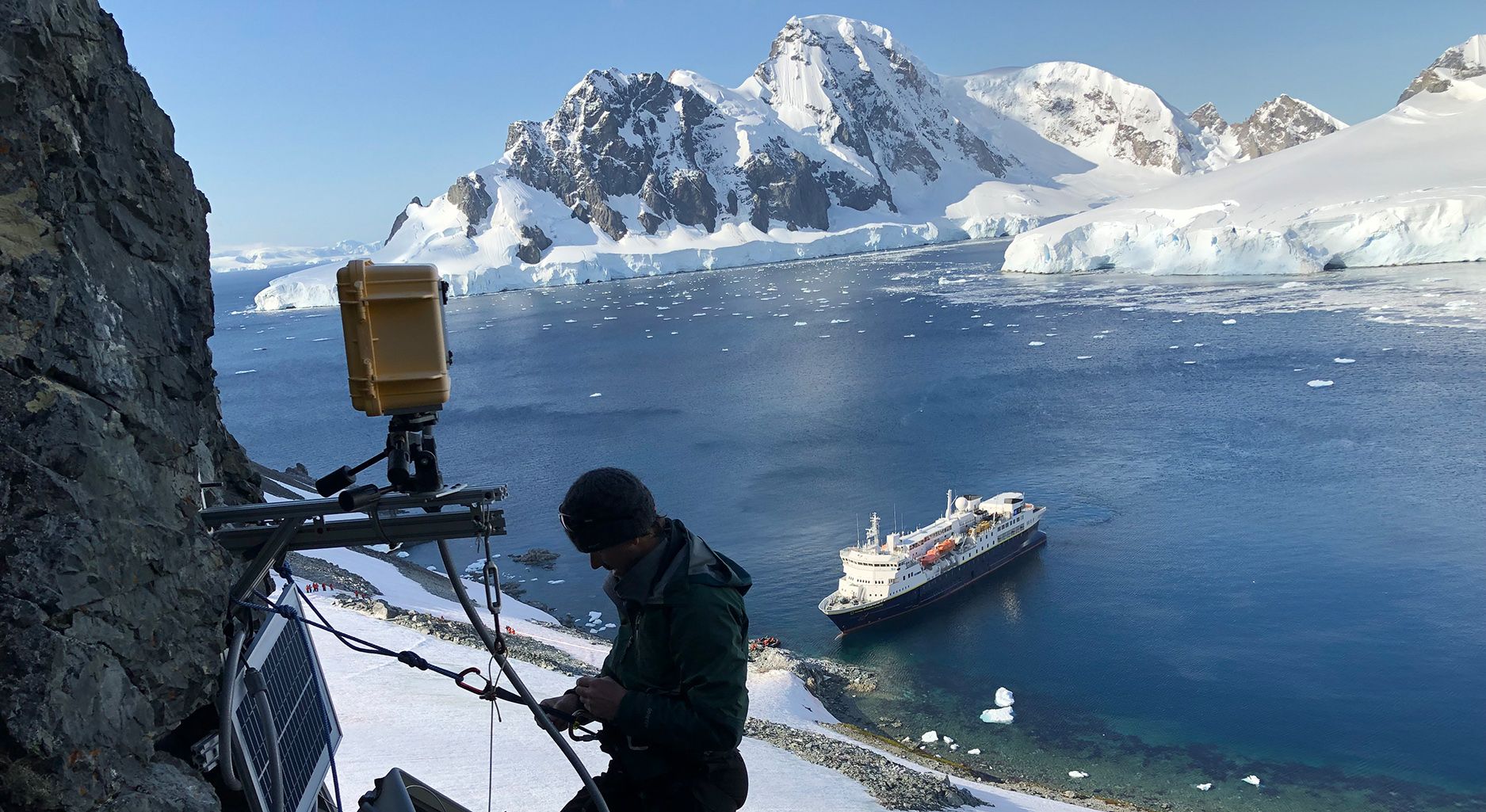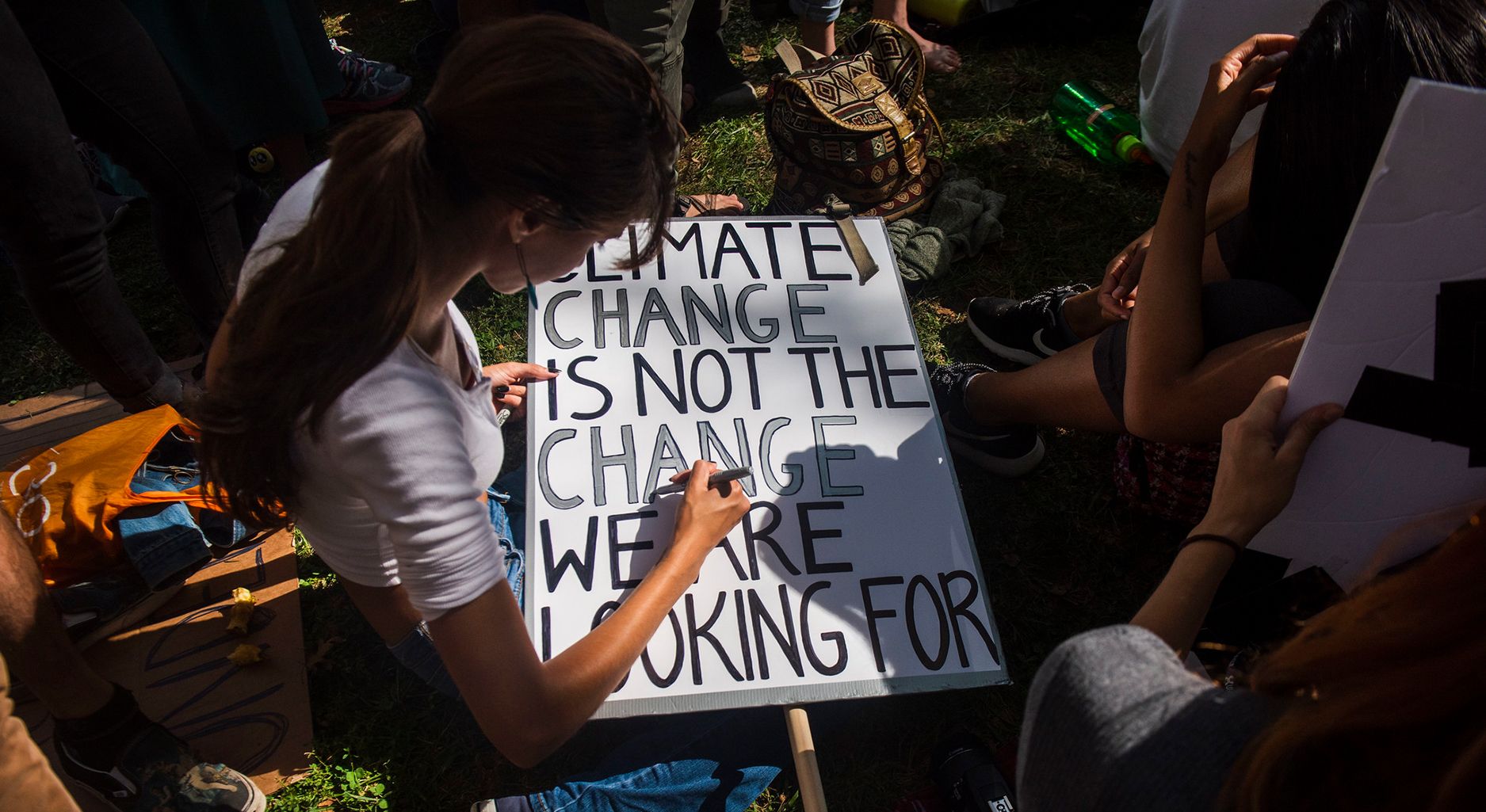Tag: Climate Change
As Lake Chad’s waters shrink and droughts intensify, pastoralists and farmers clash over the...
Violence in a Warming World
Organized violence influences both the impacts of climate change and the politics of its...
COP30 Climate Deal: Signed and Sealed, but Military Emissions Left on the Dock
At the closing plenary of COP30 in Belém, United Nations (UN) Climate Change Executive Secretary...
COP30 in Belém: Zwischen zivilgesellschaftlicher Erwartung und diplomatischer Stagnation
Vorab bestanden hohe Erwartungen an die COP30: Belém sollte Raum für stärkere...
Pragmatic Solutions to an Abstract Problem? How Cities are Addressing Climate Migration
It has been about three months since the catastrophic wildfires broke out on January 7, 2025,...
Nirgends und doch überall: Klimapolitik ist Sicherheitspolitik ist Wirtschaftspolitik
Auch auf den letzten Metern des Bundestagswahlkampfes findet Klimaschutz als Wahlkampfthema kaum...
Saving the Planet by Making Antarctica the Object of International Discord?
The recently published Emissions Gap Report 2024 warns that international ambitions must be...
UN Summit of the Future: Why the Climate-Gender-Conflict Nexus Would Be a Game Changer
World leaders and international civil society will gather in New York on 22-23 September 2024 for...
With or Without you: Climate Policy After the US Elections
The potential re-election of Donald Trump would be a setback for the US climate policy of recent...
Politisierung in Zeiten schwacher politischer Normen: Zum Klima-Gutachten des Internationalen Seegerichtshofs
Ende Mai legte der Internationale Seegerichtshof ein mit Spannung erwartetes Gutachten vor. Eine...

